As the technological sphere continues to advance, it is crucial to stay on top of trends. Technology has made it a lot easier and it is only sensible that we apply these technologies to different parts of our lives such as education.
3D printing is one technology that has completely transformed learning. Not only has it changed the game for students, but for teachers as well. Let’s find out how 3D printing optimizes learning:
Creates Opportunity for Hands-On Learning

As 3D printing involves the creation of objects by designing and observing, students need to be thoroughly engaged throughout the entire process. This allows students to be much more active during the learning session, allowing them to soak up more information than by just passively listening to a teacher lecture about a subject.
With 3D printing, students can design their own structures, 3D print separate pieces, put it together, dismantle it, then put it back together again. Using this method, students can gain a better understanding of the subject at hand. Students can put their brain to work by using critical thinking and creativity to design 3D models.
Make Learning Easier with 3D Printed Models

3D printing has a lot of advantages that enhance the education process and accelerate learning in the classroom. Students can use 3D models to solve math problems more quickly because visually, the shapes are much better perceived than pictures. It is worth noting that if the problems are complex and you find them too difficult to handle, even with 3D models, you can use EduBirdie math help service to solve math problems for you.
Bolsters Creativity
Students can explore their creativity through 3D printing. Students can think outside of the box to create complex 3D models with precise details. This can also be helpful for a student to develop their problem solving skills.
When creating 3D models, you may need to find out the correct angle to create the perfect 3D model. With 3D printing, students can practice their creativity to create the designs they need. This way, students can bring their ideas to life easily with the help of 3D printing.
Supplements the Learning Curriculum
3D printing can be the perfect addition to any curriculum in the classroom. Subjects, such as biology, can apply this technology to their coursework. In biology, 3D printing can help students to study the human anatomy from the brain to the heart, down to the bones. 3D printing can also be handy for biology students and teachers.
3D printing is also easily integrated into mathematics so that students can practice concepts involving measurement. These are just a few ways 3D printing can be assimilated into the classroom.
Digital Engagement
The growing digitalization of many learning activities has been met with conflicts when children are involved. Some argue that the internet is not an ideal place for non-adults to learn different concepts. However, students can definitely learn constructive and beneficial ideas through digital engagement with 3D learning.
Students can also learn about technology, such as photogrammetry, post-processing, and CAD design, which are essential aspects of 3D designing. Comprehension of these will assist them in quickly acclimatizing to the fast-paced technological work environment. These are skills required in the workspace, especially with the current advancements in technology. It would be beneficial if they picked up these skills at a young age.
Equips Students With Handy Skills
With the world constantly evolving, it is essential to learn all sorts of skills. 3D printing requires a lot of expertise. Students need to know how to operate a computer, laptop, and a slicer software so that they can print with a resin 3D printer.
They also need to know how to operate the printer itself and the applications involved in the whole process of 3D printing. They are also likely to learn how to fix technical issues when a 3D printer isn’t working.
Conclusion
In this digital age, 3D printing is beneficial in the learning environment. Not only does it benefit students, it also benefits teachers who get to teach in a more hands-on environment. As 3D printing technology is becoming increasingly affordable, schools should start implementing them in the classroom to boost productivity and creativity.
Click here to learn more about other 3D printing applications.
Click here to view Phrozen's beginner guide to LCD 3D printing now!

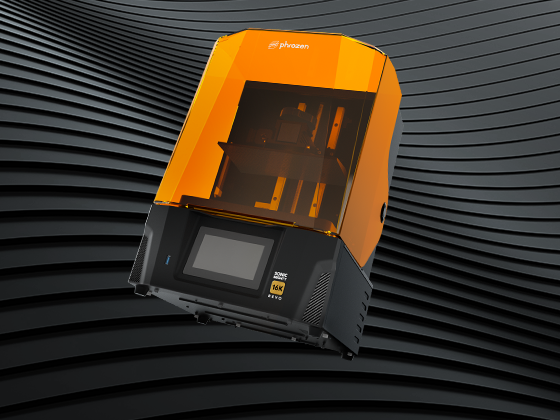
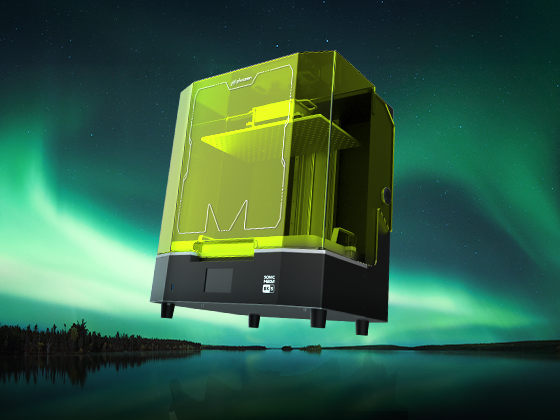
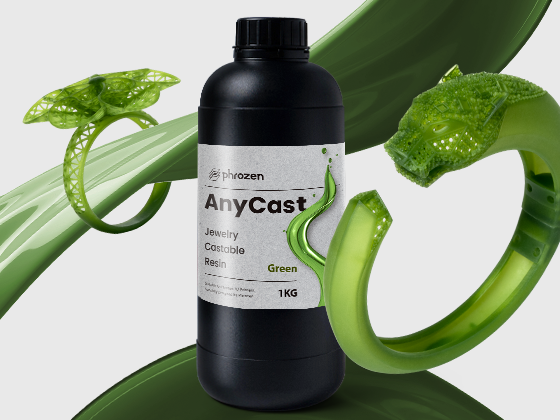
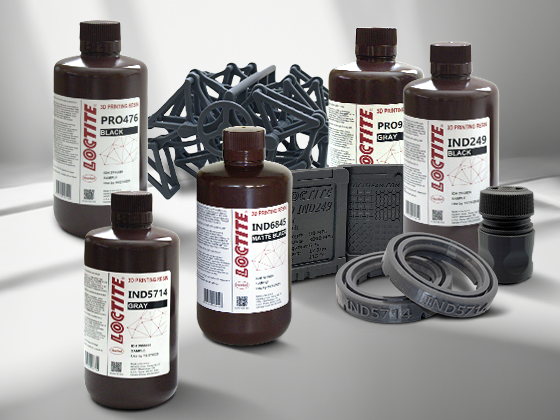
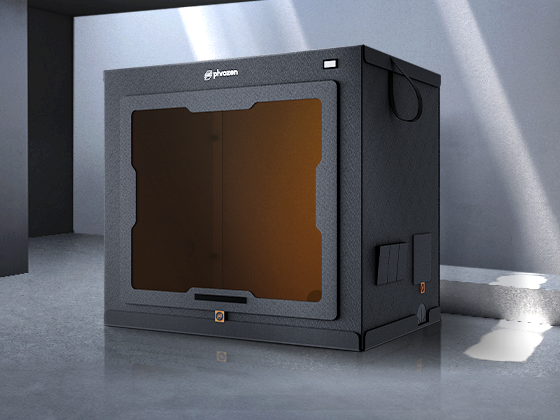
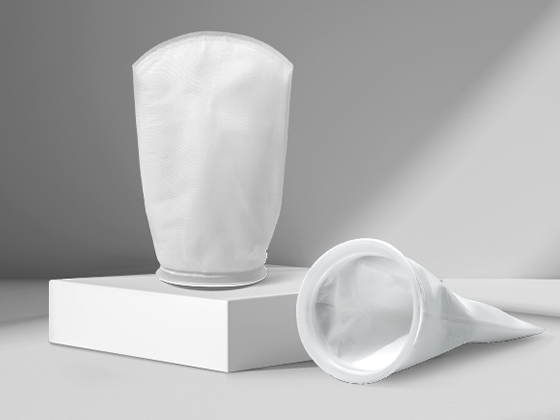
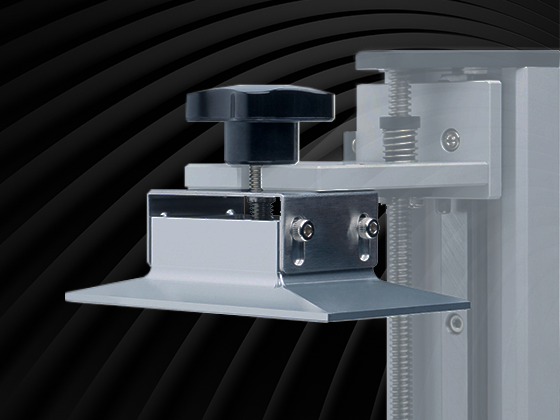
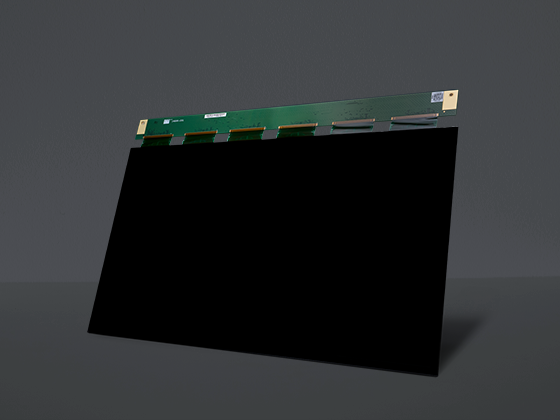
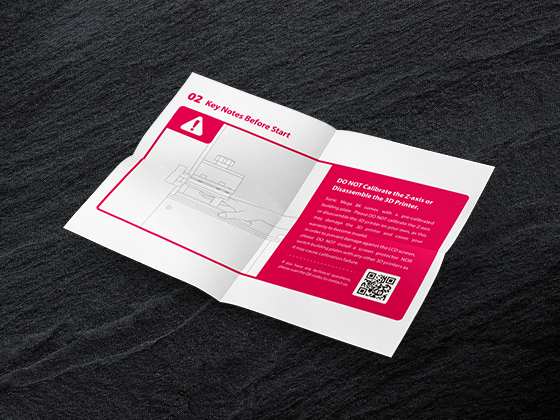
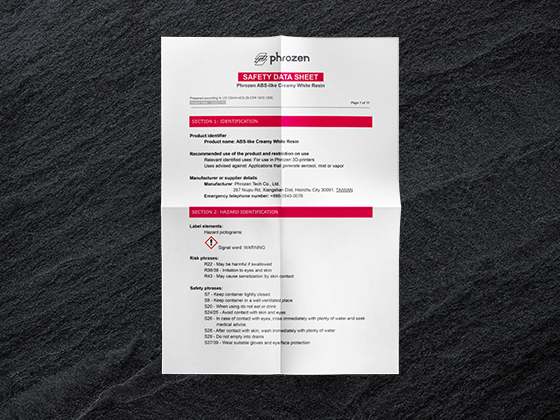
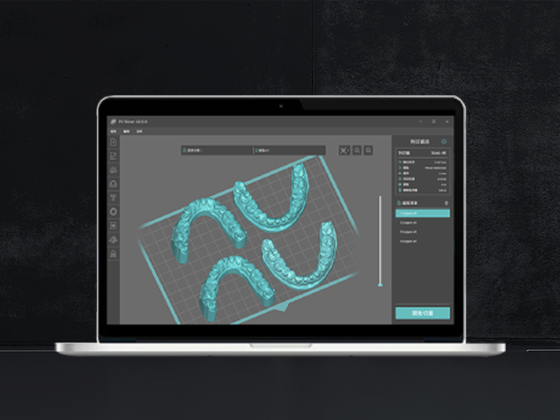
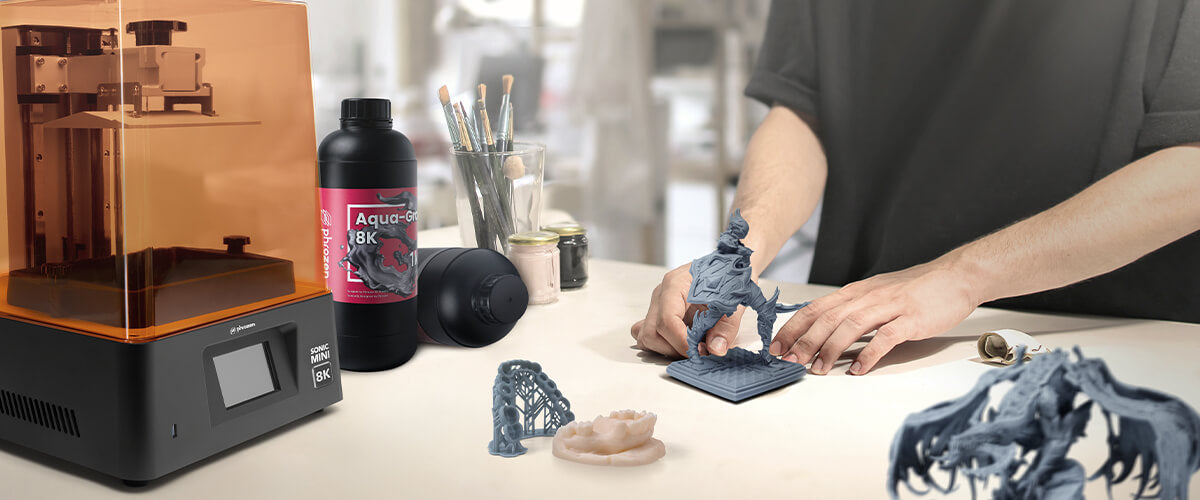
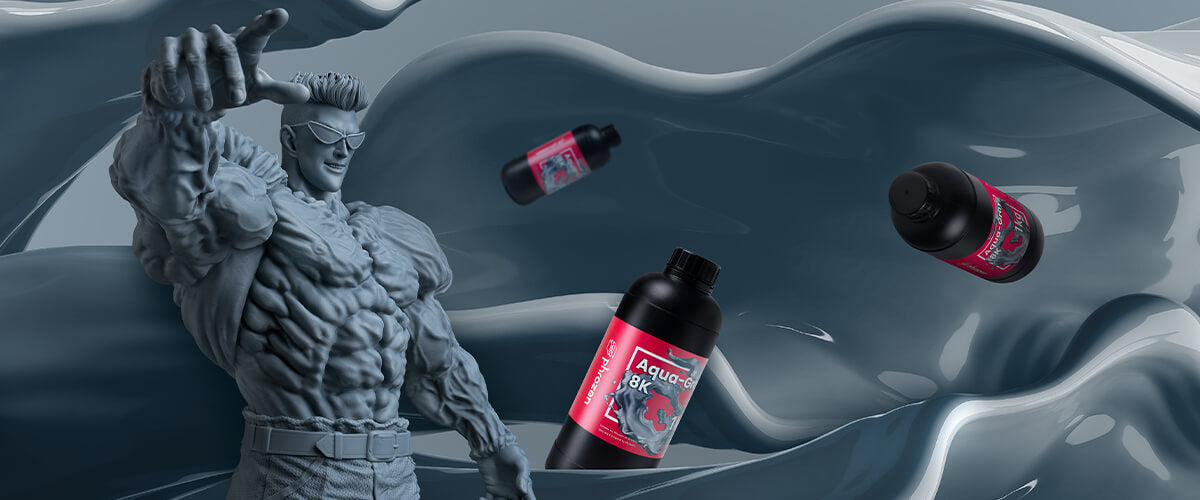

1 comment
Michael Stratil
Can you take a set of hi-res photos of a person, taken from various angles, and print a bust of that person?
Could it be fairly large (9" tall)?
Approximately how much would that cost?
———
Phrozen Technology replied:
Hi Michael,
Thank you for your interest in 3D printing! Absolutely, it’s possible to create a bust of a person using hi-res photos taken from various angles. There are several scanning and modelling methods available, including dedicated 3D scanners or smartphones equipped with scanning capabilities. Another approach is to manually model based on photos, although this involves a more hands-on, skill-intensive process.
As for printing a 9" tall bust, it’s certainly achievable. The specific cost would depend on the materials you choose, the printing process, and any post-processing involved. Different materials and finishing options may affect the overall cost.
Feel free to explore these options and choose the one that best suits your preferences and budget. If you have any more questions or need further assistance, please don’t hesitate to ask!
Best regards, Phrozen Team
>
Can you take a set of hi-res photos of a person, taken from various angles, and print a bust of that person?
Could it be fairly large (9" tall)?
Approximately how much would that cost?
———
Phrozen Technology replied:
Hi Michael,
Thank you for your interest in 3D printing! Absolutely, it’s possible to create a bust of a person using hi-res photos taken from various angles. There are several scanning and modelling methods available, including dedicated 3D scanners or smartphones equipped with scanning capabilities. Another approach is to manually model based on photos, although this involves a more hands-on, skill-intensive process.
As for printing a 9" tall bust, it’s certainly achievable. The specific cost would depend on the materials you choose, the printing process, and any post-processing involved. Different materials and finishing options may affect the overall cost.
Feel free to explore these options and choose the one that best suits your preferences and budget. If you have any more questions or need further assistance, please don’t hesitate to ask!
Best regards, Phrozen Team
>